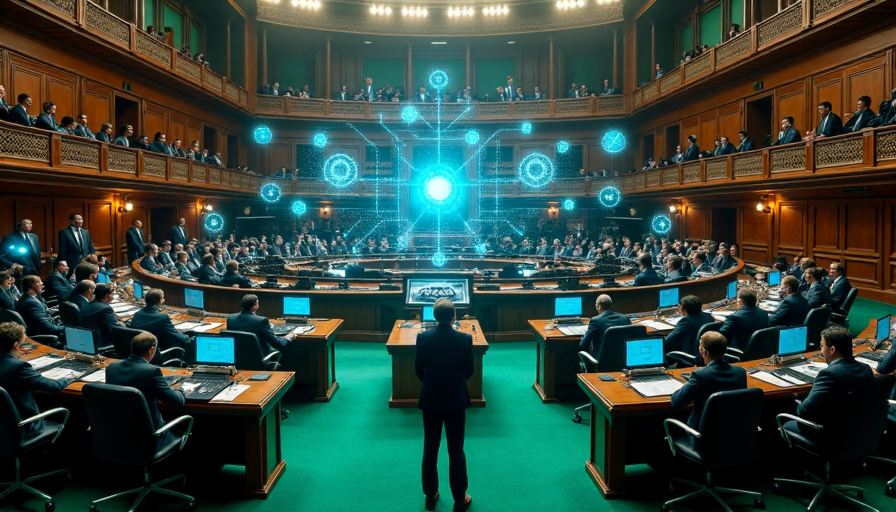
Dedicated Dáil Committee on AI: The Future of Legislation in Ireland
A new chapter unfolds in Irish politics as a dedicated Dáil committee on artificial intelligence is set to be established, marking the end of a prolonged debate over speaking rights. This decision arrives at a time when both Government and opposition parties are actively assigning the €10,000-a-year Oireachtas committee chairs, signaling progress on critical legislative fronts.
The Role of Dáil Committees
Dáil committees are vital to the functioning of the Oireachtas. They are charged with:
- Probing Legislation: Reviewing and scrutinizing new laws related to sectors like housing, health, and justice.
- Analysing Societal Impacts: Examining the broader effects of policies on various aspects of society.
- Generating Reports: Compiling insights and recommendations based on their analyses.
Each department traditionally has its own committee tasked with shadowing its operations. In addition, specialized committees such as the disability matters committee and the defence and national security committee ensure that specific issues receive targeted attention.
Special and Thematic Committees
Among the 28 committees being set up, special committees will address pressing matters on drug use and, notably, artificial intelligence. Unlike the enduring committee structure that spans a full Dáil term, special committees are established for shorter durations to tackle urgent challenges.
Furthermore, four thematic committees will be formed, focusing on:
- EU Affairs
- Implementation of the Good Friday Agreement
- Issues affecting the Traveller community
- The National Development Plan
Additional significant committees include the Public Accounts Committee (PAC), responsible for overseeing public spending, and a committee dedicated to budgetary oversight, public petitions, as well as Irish language and Gaeltacht affairs.
Political Implications and Recent Turmoil
The appointment of committee chairs—notably the €10,888-a-year earners—will be decided in the coming days, reflecting both a return to order and strategic political maneuvering. The committee structuring has been a long-delayed process, hindered by a contentious speaking rights row which stalled several legislative processes.
The controversy even affected the leadership dynamics within the Dáil. Ceann Comhairle Verona Murphy faced a remarkable test of her impartiality amid a rare vote of no confidence, but she managed to retain her position while affirming her unbiased stance.
TDs from opposition parties have been vocal, urging fairness in the establishment of the Dáil committees. Their call to progress stalled legislation underscores a collective desire to move forward from the past disruptions.
Looking Ahead
With the speaking rights dispute behind them, the formation of these new committees—especially the one on artificial intelligence—heralds promising initiatives and more streamlined legislative processes. As the committees begin their critical work, they are poised to address both contemporary challenges and future opportunities, setting the stage for advancements that extend beyond traditional governance.
This renewed focus on specialized legislative scrutiny, particularly in emerging fields like AI, reflects Ireland's commitment to keeping pace with technological advancement while ensuring that legal frameworks evolve in response to societal needs.
Note: This publication was rewritten using AI. The content was based on the original source linked above.